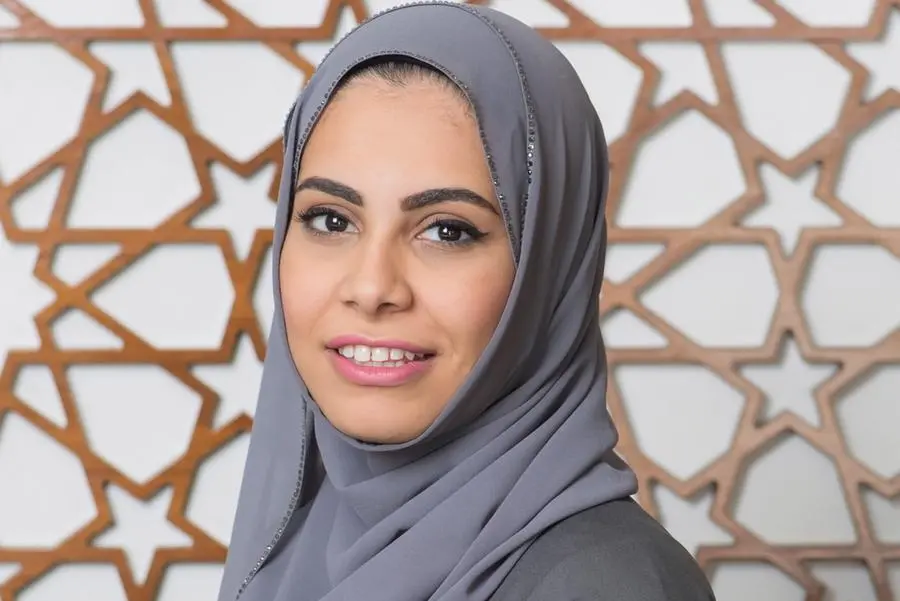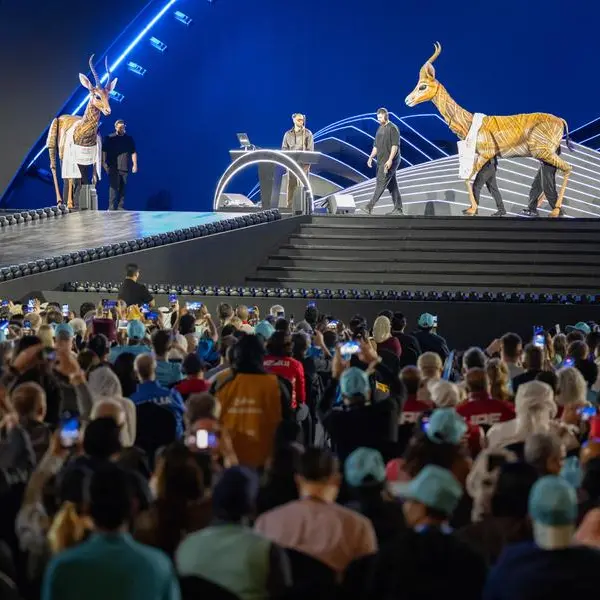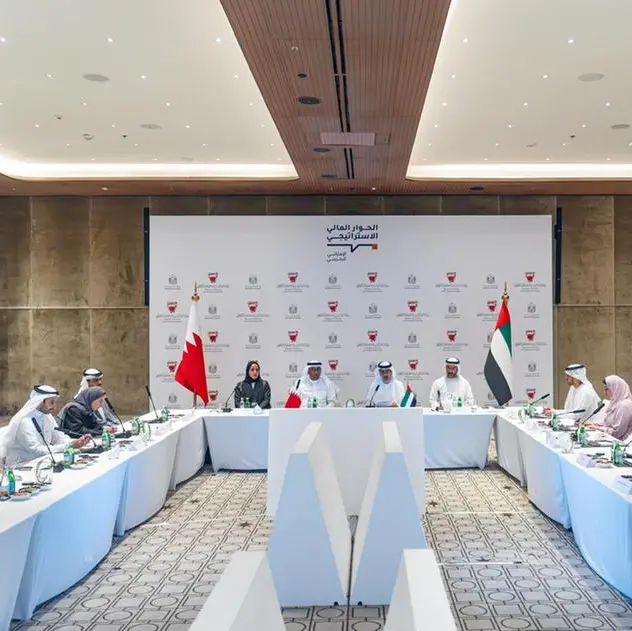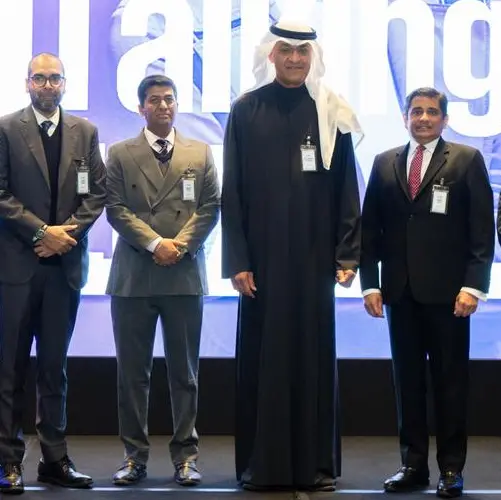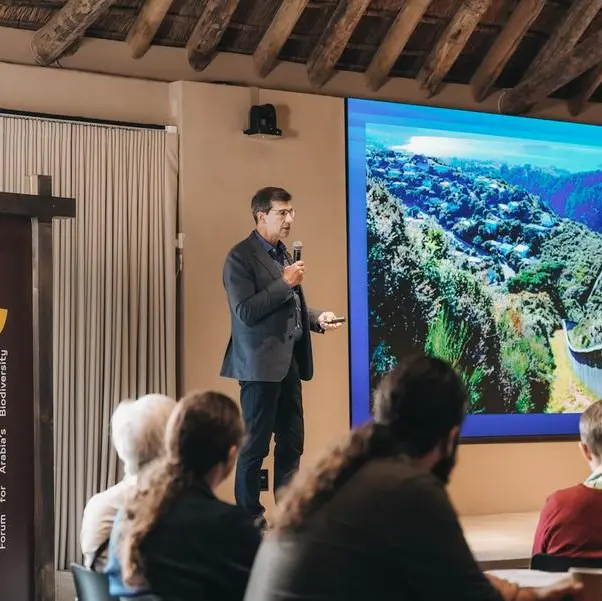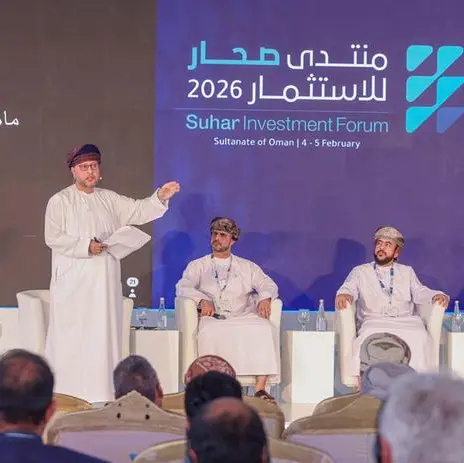PHOTO
Muscat: The global space economy is skyrocketing, transforming industries and reshaping our world in ways many of us take for granted. Analysts estimate it will soar to US$1.8 trillion by 2035, up from US$630 billion in 2023, driven by groundbreaking technological advancements and a rapidly evolving commercial landscape.
On Tuesday, 12 November at 7:30pm, Oman Convention & Exhibition Centre will host a Tejarah Talks session titled ‘Exploring the Final Frontier: An Entrepreneur’s Guide to the Space Industry’. Moderated by Jamal Al Asmi, Executive Producer, RealityCG the evening’s expert panelists are Hamed Al Shekaili, Director, Space Program Projects, Ministry of Transport, Communications & Information Technology (MoTCIT); Said Al Balushi, CEO, Star Drones; and Ammar Al Rawahi, Chief Commercial Officer, SatMENA. These industry leaders will share insights into how space technology is quietly powering everyday life and discuss the seismic shifts occurring as private companies revolutionize the field.
According to Maymuna Al Adawi, Director, Oman Business Forum & P³, Ministry of Commerce, Industry & Investment Promotion and Tejarah Talks organizer the space industry has evolved far beyond government-led missions. Companies like SpaceX have redefined space travel, dramatically cutting launch costs - by up to 90% in some cases - and democratizing access to space. SpaceX’s partially reusable Falcon rockets are just one example of the innovations making commercial ventures feasible. Today, satellite-powered services underpin everything from global broadband to precision agriculture, illustrating how indispensable space technology has become.
MoTCIT Director, Hamed Al Shekaili will detail how these advances influence everyday life, from seamless GPS navigation and satellite-driven internet connectivity to hyper-accurate weather forecasting. “Many only notice the significance of these technologies when service interruptions occur,” remarked Al Adawi. Said Al Balushi will discuss the backbone of the space economy - satellites, launch vehicles and the vast network of ground infrastructure - and explain how these core systems generate more than US$330 billion in economic value. Meanwhile, Ammar Al Rawahi will tackle reach applications which harness space infrastructure to deliver services like logistics optimization and smart agriculture solutions - applications that add approximately US$300 billion to the global economy.
The panel will also address the role satellites play in tackling global challenges, from monitoring climate change to supporting disaster relief. For example, satellite data is increasingly used to detect methane emissions, track deforestation and forecast natural disasters with precision, enabling swift, effective action. Space technology’s contribution to agriculture and food security is equally essential. Farmers now rely on satellite-generated data for soil analysis, water management and yield optimization, a theme covered in the recent Tejarah Talks "Agrifood: Cultivating Opportunity” report.
The evening will conclude with an exploration of how the entry of private space companies has created a new commercial space race, spurring innovation at unprecedented speeds. Yet, this comes with challenges. Orbital congestion and the growing risk of satellite collisions require urgent regulation and global cooperation. A sobering reminder of the risks came in February 2022 when a geomagnetic storm caused the loss of 38 newly launched Starlink satellites - a US$50 million setback. Members of the panel will explain how phenomena like solar storms impact satellite operations and what this means for the future of space ventures.
Tejarah Talks is generously supported by Jindal Shadeed, Nortal, Apex Transgulf, MHD, Invest Oman Lounge, Oman FM and Oman Convention & Exhibition Centre.
For Tejarah Talks press enquiries, please contact:
Ms. Badriya Al Amri
Oman Business Forum & P³
Ministry of Commerce, Industry & Investment Promotion
PO Box 550
Ruwi, 100
Sultanate of Oman
badriya@tejarah.gov.om
